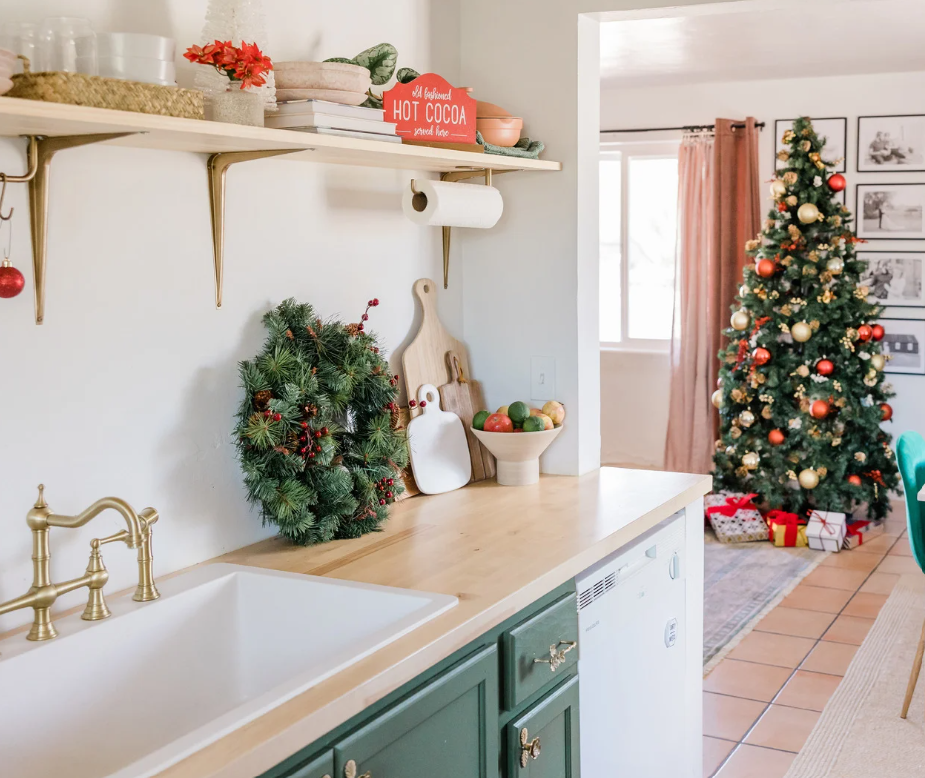Home renovations can be exciting but also financially challenging if not carefully planned. Crafting a detailed budget ensures that your project stays on track and meets your expectations. Below are 10 critical factors to consider when budgeting for your home renovation, along with actionable insights to help you plan effectively.
1. Set a Realistic Budget
The first step in any renovation is determining how much you can afford to spend. Start by evaluating your finances and setting a budget that balances your vision with practicality.
- Tip: Research the typical cost range for similar projects in your area to get a baseline.
- Example: If a bathroom remodel in your region averages $15,000, ensure your budget reflects this, plus an additional 10-15% for unexpected expenses like plumbing repairs or material delays.

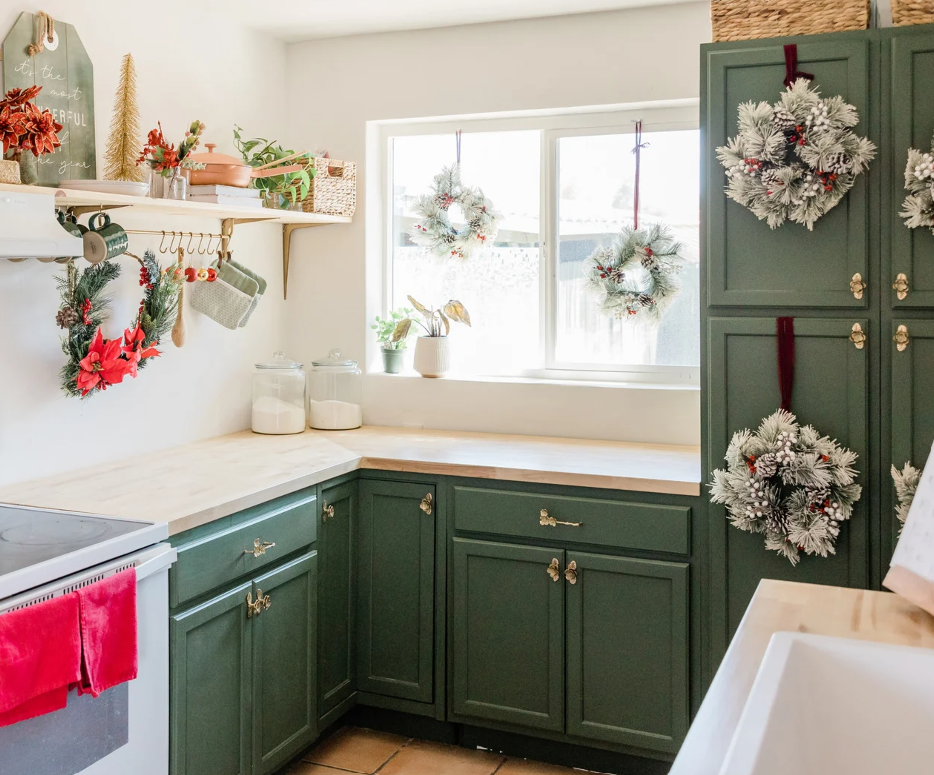
2. Prioritize Your Needs and Wants
Once you have a budget, break down your renovation goals into “must-haves” and “nice-to-haves.” This will help you allocate funds to essential areas while identifying where you can cut back if needed.
- Tip: Focus on functional improvements first, such as structural repairs or kitchen updates, before moving to aesthetic upgrades like decorative lighting or luxury finishes.
- Example: A functional kitchen layout with quality cabinets may take precedence over high-end countertops if you’re working within a tight budget.
3. Research Material Costs
The choice of materials can significantly impact your budget. High-end materials, like natural stone or custom cabinetry, come at a premium, but there are often more affordable alternatives that still achieve a high-quality look.
- Tip: Visit showrooms and compare prices across different suppliers. Consider using materials like engineered wood or composite stone for a balance of style and durability.
- Example: Opting for quartz countertops instead of marble can save thousands without compromising on style.
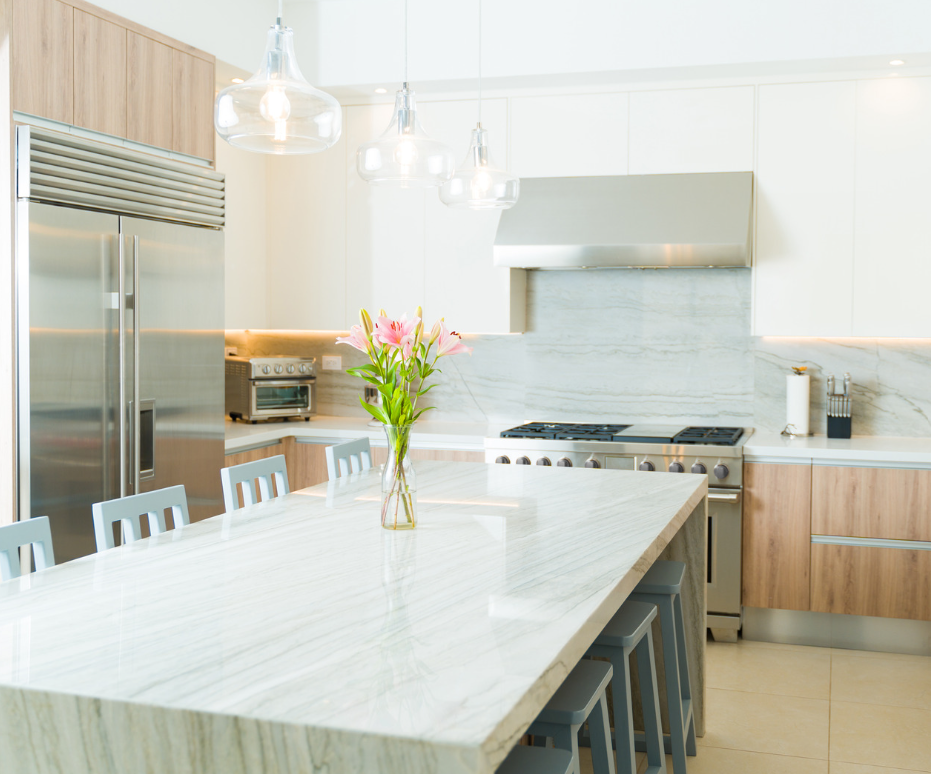
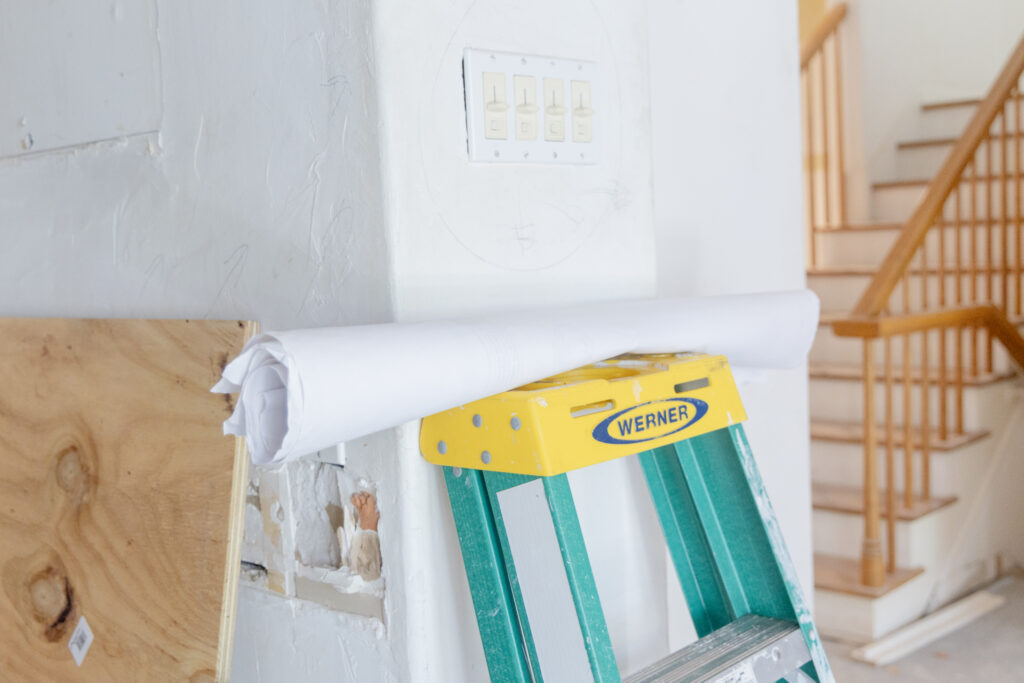
4. Account for Labor Expenses
Labor costs often make up 20-40% of the total project budget. It’s important to get multiple quotes from reputable contractors and ensure that each estimate includes a breakdown of costs.
- Tip: Look for contractors who offer detailed estimates, including timelines and labor phases (e.g., demolition, framing, installation).
- Example: A contractor might quote $30,000 for a full kitchen remodel. Ensure the estimate specifies costs for tasks like plumbing, electrical work, and cabinetry installation.
5. Include Permits and Fees
Renovation projects, especially those involving structural changes, often require permits from local authorities. These fees can add hundreds or even thousands to your budget.
- Tip: Contact your local planning department to understand what permits are needed and the associated costs.
- Example: A permit for a room addition might cost $1,000-$2,000 depending on your location and the scope of work.
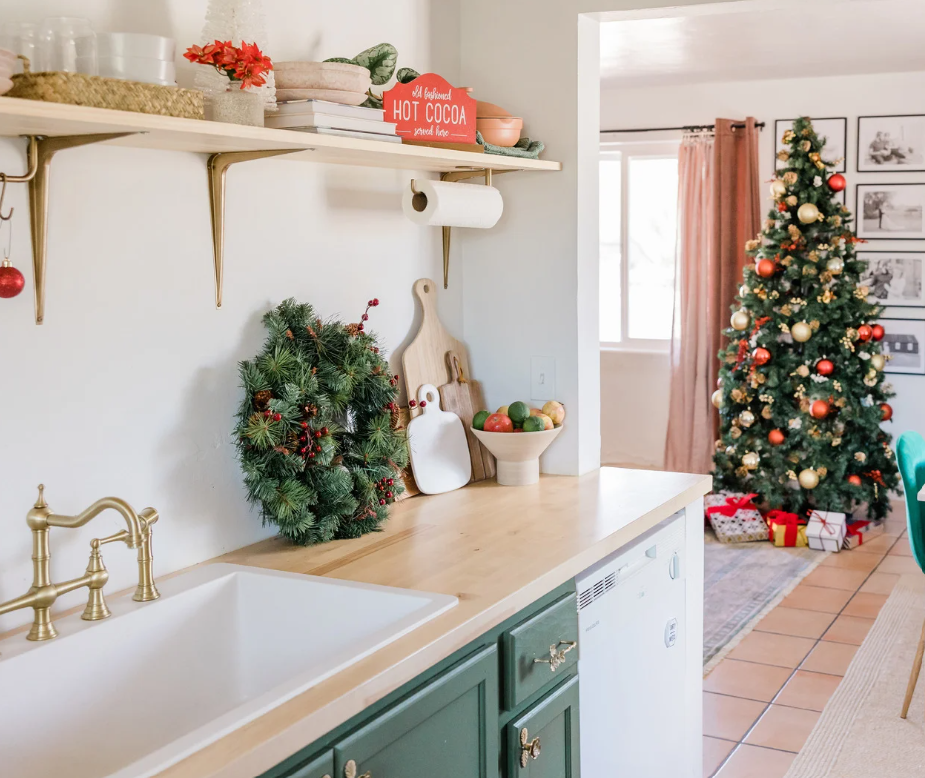
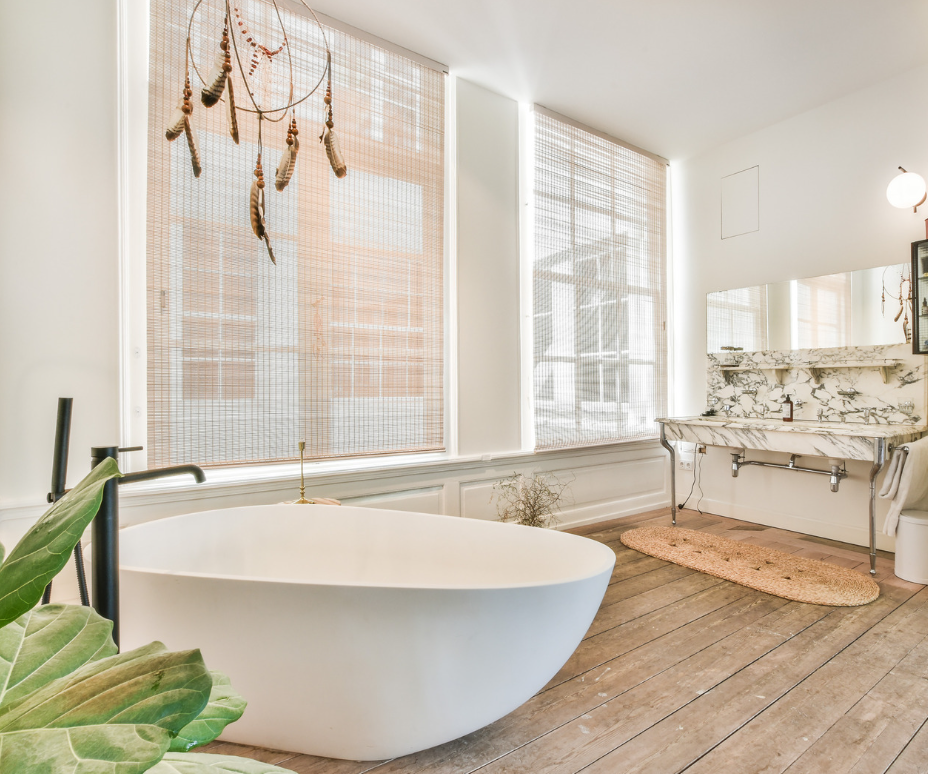
6. Plan for Temporary Living Costs
If your renovation involves major disruptions, such as a kitchen or bathroom remodel, you may need alternative living arrangements. This could include renting a temporary space or staying with friends or family.
- Tip: Factor in the costs of temporary housing, dining out, or storage for your belongings if needed.
- Example: A short-term rental might cost $2,000 a month, adding a significant expense if your project takes longer than anticipated.
7. Consider Utility Upgrades
Older homes may require upgrades to utilities like plumbing, electrical wiring, or HVAC systems. These updates are essential for safety and functionality but can significantly increase your costs.
- Tip: Have a professional inspection done early in the planning process to identify potential utility upgrades.
- Example: Replacing outdated electrical panels could cost $3,000-$5,000 but is crucial for supporting modern appliances and safety standards.
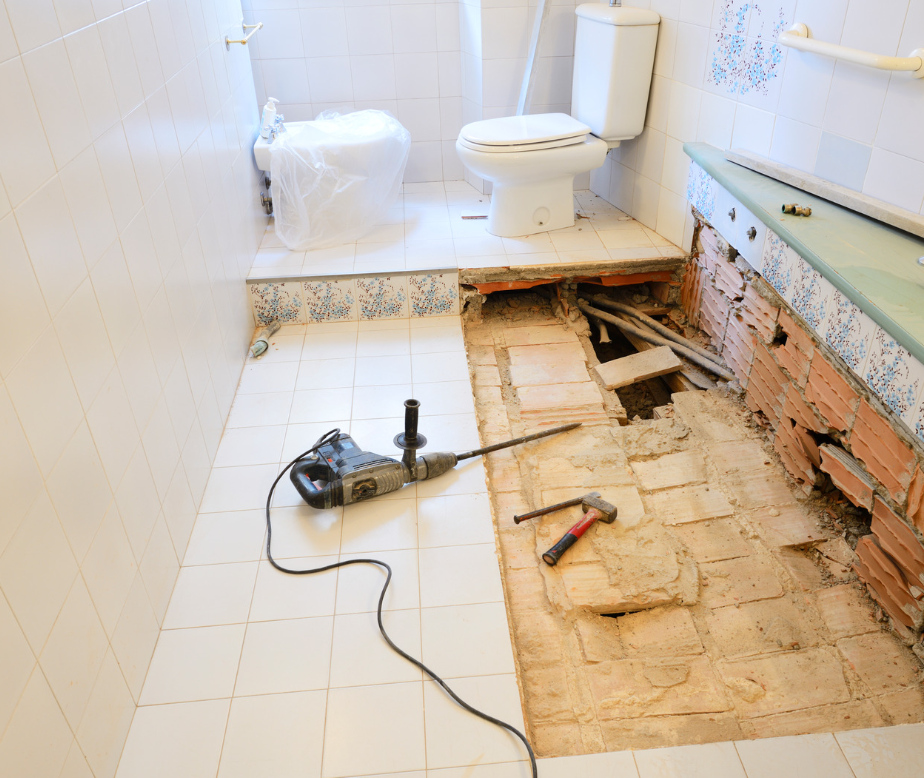
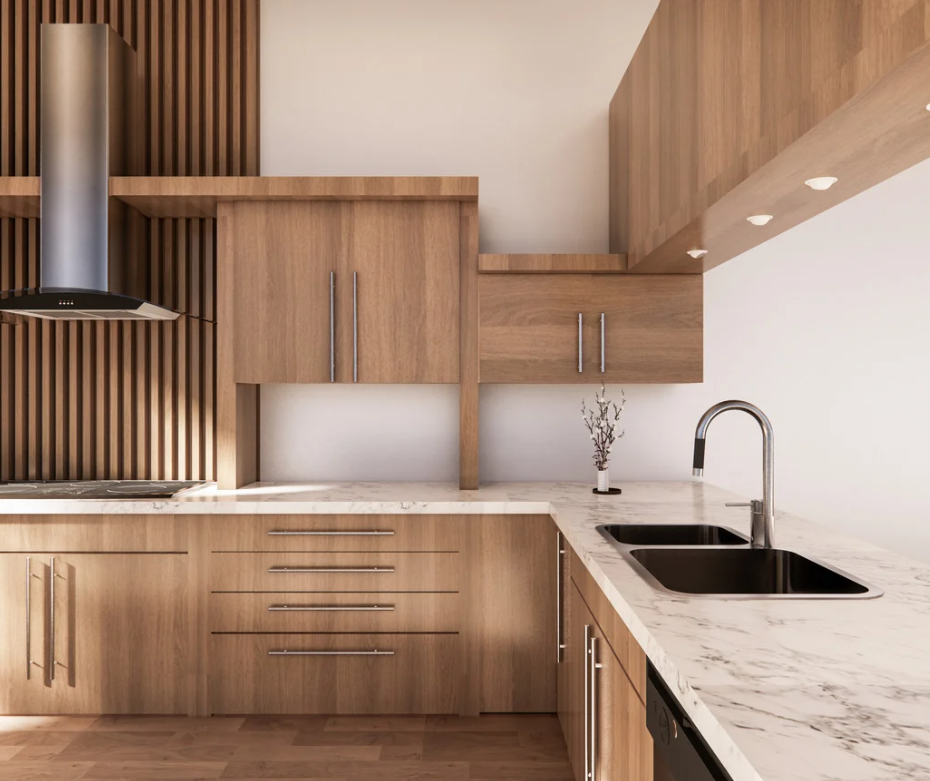
8. Factor in Design and Professional Fees
Hiring a designer or architect can elevate your project’s outcome, ensuring a cohesive and functional space. However, these services come at a cost, often calculated as a percentage of the project budget or a flat fee.
- Tip: Discuss fees upfront and ensure they include detailed plans, material selections, and project management.
- Example: An interior designer may charge 10-15% of the total project cost, adding $5,000-$7,500 to a $50,000 renovation.
9. Budget for Finishing Touches
Finishing touches, such as paint, hardware, fixtures, and trim, can add unexpected costs if not planned for. These details often complete the look and feel of your space, so don’t overlook them.
- Tip: Allocate a portion of your budget specifically for finishes and shop around for deals on items like light fixtures or cabinet hardware.
- Example: High-quality paint and decorative hardware might cost $1,500-$2,000, depending on the size of the space and the materials chosen.
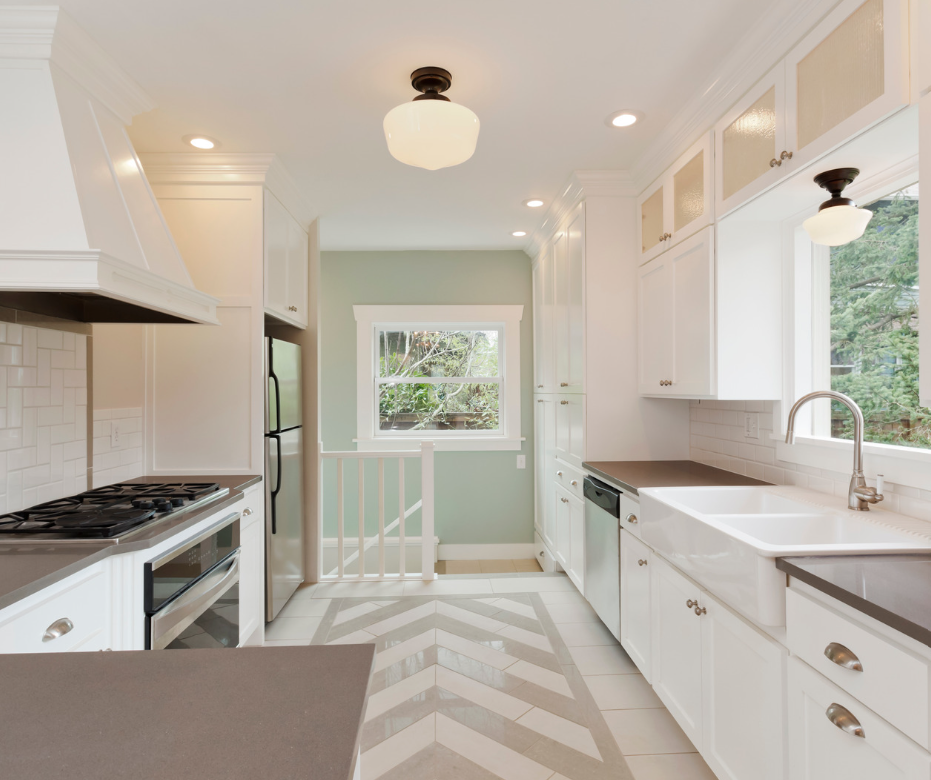

10. Plan for Post-Renovation Cleaning and Maintenance
Renovations leave behind dust and debris, even with the cleanest contractors. You may need professional cleaning services to restore your home to a livable condition. Additionally, new installations may require ongoing maintenance.
- Tip: Budget for deep cleaning services and purchase necessary maintenance supplies for items like hardwood floors or stone countertops.
- Example: A professional cleaning service might charge $300-$500 for a post-renovation deep clean.
Final Thoughts
A well-crafted budget is the foundation of a successful home renovation. By carefully considering these 10 factors, you can avoid financial surprises and make informed decisions throughout your project. Thoughtful planning will help you achieve your dream home while staying within your means.
Ready to start your renovation journey? Contact KohlerHaus Remodeling Co. at 813-545-7869 to schedule a free consultation. Let us help you bring your vision to life with expert guidance and high-quality craftsmanship.

